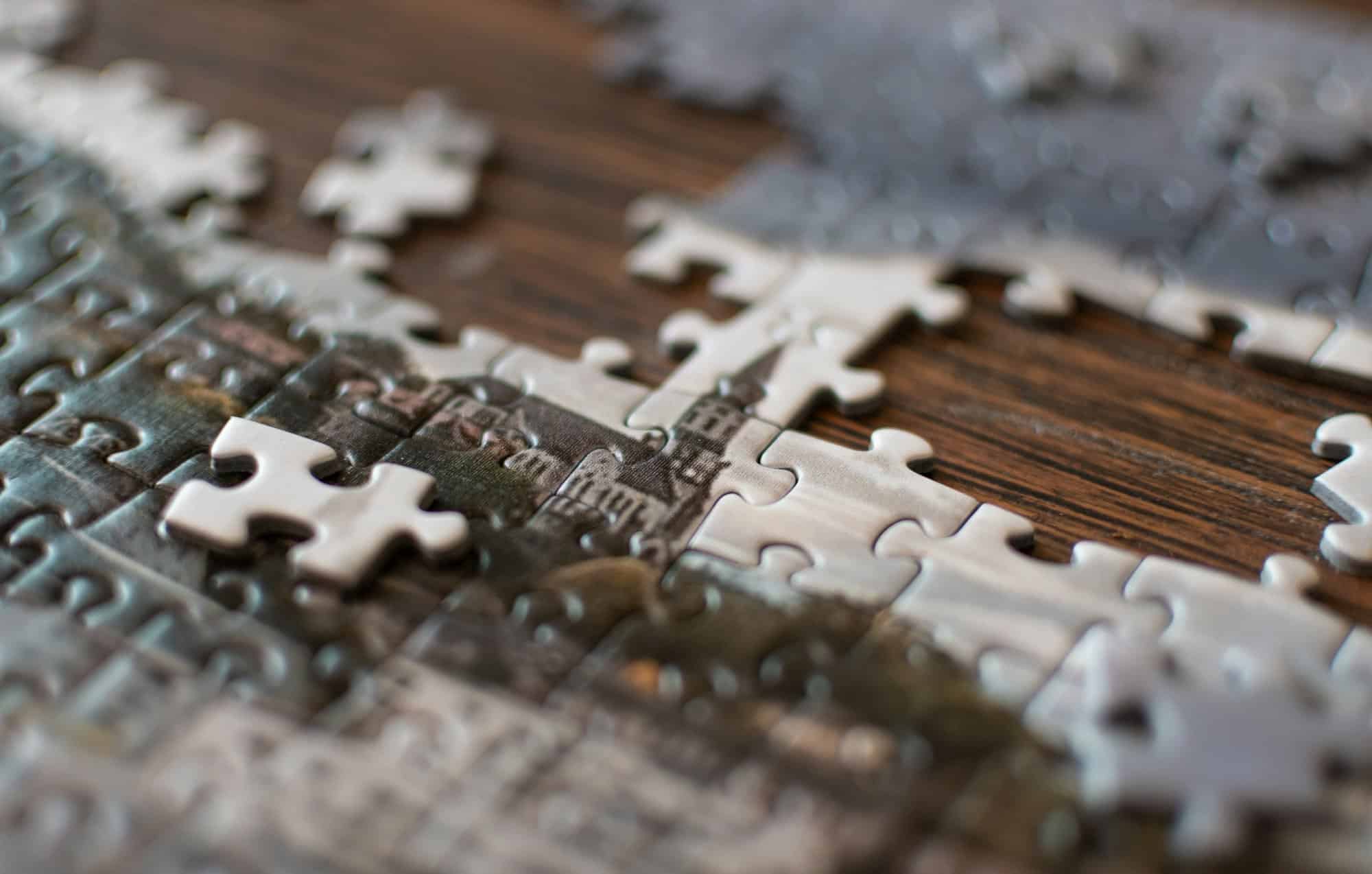Can Regular Engagement in Strategic Board Games Like Chess Improve Elderly Cognitive Function and Social Interaction?

As we age, our cognitive abilities naturally decline, however, various strategies can help to slow this process and maintain mental sharpness. One such strategy is engaging in regular strategic board games such as chess. These games not only challenge our mental abilities but also offer an opportunity for social interaction, which is equally important for maintaining cognitive health. In this article, you will discover how strategic board games, specifically chess, could have a significant impact on enhancing elderly cognitive functions and social interactions.
The Role of Chess in Enhancing Cognitive Function
Chess, one of the world’s oldest strategy games, is applauded not just for its competitive edge but also for its ability to stimulate the brain. This section explores the potential benefits of engaging in chess and how it can play a pivotal role in enhancing cognitive function among the elderly.
Additional reading : Can The Practice of Gratitude Journaling Improve Heart Rate Variability in Individuals with High Stress Levels?
Studies show that chess is a game that demands a high level of abstract reasoning, planning, memory, and decision-making skills. It’s not just about understanding your opponent’s moves, but also predicting them, which requires strategic planning and foresight. This active engagement aids in stimulating neural plasticity, which is the brain’s ability to form and reorganize synaptic connections, especially in response to learning or experience, which is crucial for maintaining and improving cognitive function.
Moreover, chess also challenges working memory, a type of short-term memory involved in the processing of simultaneously incoming and outgoing information. During a game, players need to remember the positions of different pieces and plan their moves accordingly, thus giving their working memory a solid workout. It is well-known that working memory tends to decline with age, making chess a viable tool for combating this challenge.
Also to read : How Do Biometric Wearables Contribute to Personalized Hydration Strategies for Endurance Athletes?
Another cognitive benefit of chess is that it helps to improve problem-solving skills. The game presents numerous problems that need solutions, and players must utilize logical reasoning and creativity to solve them. Research indicates that engaging in activities that promote problem-solving skills can protect against cognitive decline and potentially delay the onset of Alzheimer’s disease and other forms of dementia.
Chess and Social Interaction
While the cognitive benefits of chess are widely recognized, the game’s potential to foster social interaction is often overlooked. This section delves into how chess can serve as a robust socializing tool for the elderly.
Chess is typically a two-player game, and it is also a common feature in clubs and community centers, bringing people together from all walks of life. Engaging in the game not only stimulates intellectual conversations but also promotes the building of friendships and the sharing of experiences.
Furthermore, even when chess is played in a silent environment, there is a form of communication happening on the board. The moves that a player makes communicate their strategy and provoke responses from their opponent. This, in itself, is a form of cognitive and social interaction.
Additionally, chess is an inclusive game that doesn’t discriminate based on age, allowing elderly individuals to compete equally with younger players. This intergenerational interaction can help to break down age barriers and foster mutual understanding and respect.
Chess as a Tool for Combating Loneliness
The feeling of loneliness and isolation is sadly a common issue among the elderly. Regular engagement in chess can act as a powerful antidote against these feelings. In this part, we discuss how chess can help combat loneliness in older adults.
Chess clubs and online platforms offer a safe haven for interaction and engagement. Whether physically present or virtually connected, players are part of a community that shares a common love for the game. This sense of belonging can have a profound impact on feelings of loneliness.
Moreover, regular chess games provide structure and routine, which can contribute to better mental health. Having regular chess matches to look forward to can give a sense of purpose and anticipation, keeping feelings of loneliness at bay.
The Accessibility and Flexibility of Chess
The benefits of chess for cognitive function and social interaction are clear; however, its appeal also lies in its accessibility and flexibility. Here we examine how the game’s simple requirements and adaptability make it an ideal activity for the elderly.
Despite its reputation as a game for intellectuals, chess can be enjoyed by beginners and experts alike, making it accessible to anyone willing to learn. Its rules can be learned in a day, and the more you play, the more you improve.
Additionally, it’s a low-cost game. All that’s needed is a chess set, which can be purchased inexpensively, borrowed, or even created DIY-style at home. Moreover, it’s a game that can be played anywhere, from the comfort of your home to parks or community centers.
The flexibility of chess also comes from its adaptability. It can be played in person or online, in a silent or conversational setting, and between two players or in a larger group watching and discussing the game. This allows each individual to adapt the game to their preferences and needs.
In summary, the strategic nature of chess, coupled with its accessibility and adaptability, makes it an excellent tool for enhancing cognitive function and promoting social interaction among the elderly. Whether you’re an expert or a beginner, the game of chess has something to offer everyone. So, why not make a move and see the benefits unfold?
The Role of Technology in Chess for Seniors
The rise of technology has made strategic board games like chess more accessible and enjoyable for seniors. This section discusses how technological advancements contribute to the advantages of chess for cognitive function and social interaction among the elderly.
Modern technology has transformed how we play chess, from sophisticated electronic chess boards to online gaming platforms. For seniors, these innovations have made it easier to play chess and connect with other players, regardless of physical limitations or geographical location.
In terms of cognitive function, computer-based chess games often come with adjustable levels of difficulty and tutorials, making the learning process more manageable. Seniors can gradually increase the game’s complexity as their skills develop, providing a continuously challenging cognitive workout.
Online chess platforms also offer a wealth of resources for improving gameplay, from strategy guides to interactive puzzles. These resources can help seniors keep their minds active, promoting cognitive health and resilience.
From a social perspective, the internet opens up a world of opportunities for interaction. Seniors can play against opponents from around the globe, join online chess clubs, and participate in discussions on strategy and gameplay. This global connectivity can significantly enhance social interaction, alleviating feelings of isolation and loneliness.
Moreover, the use of technology can also stimulate cognitive function in other ways. For instance, learning to navigate an online platform or use a digital chess board can improve digital literacy and problem-solving skills.
Conclusion
In conclusion, regular engagement in strategic board games like chess can indeed have a profound impact on the cognitive function and social interaction of the elderly. The mental workout that chess provides, from working memory to problem-solving skills, can help maintain and even improve cognitive health. At the same time, the social aspect of chess, whether in person or online, offers valuable opportunities for interaction and connection.
Moreover, the accessibility and flexibility of chess, amplified by the rise of technology, make it an excellent activity for seniors. Regardless of one’s skill level or physical abilities, chess can be enjoyed by all.
While aging is an inevitable part of life, strategies like playing chess can make the process more enjoyable and mentally stimulating. So, whether you’re a seasoned chess player or a beginner, why not make a move and experience the cognitive and social benefits this timeless game has to offer? After all, as the saying goes, "In chess, as in life, every move matters!"
In the end, the goal is not just to age, but to age well. And with games like chess, we can add life to our years, not just years to our life.
